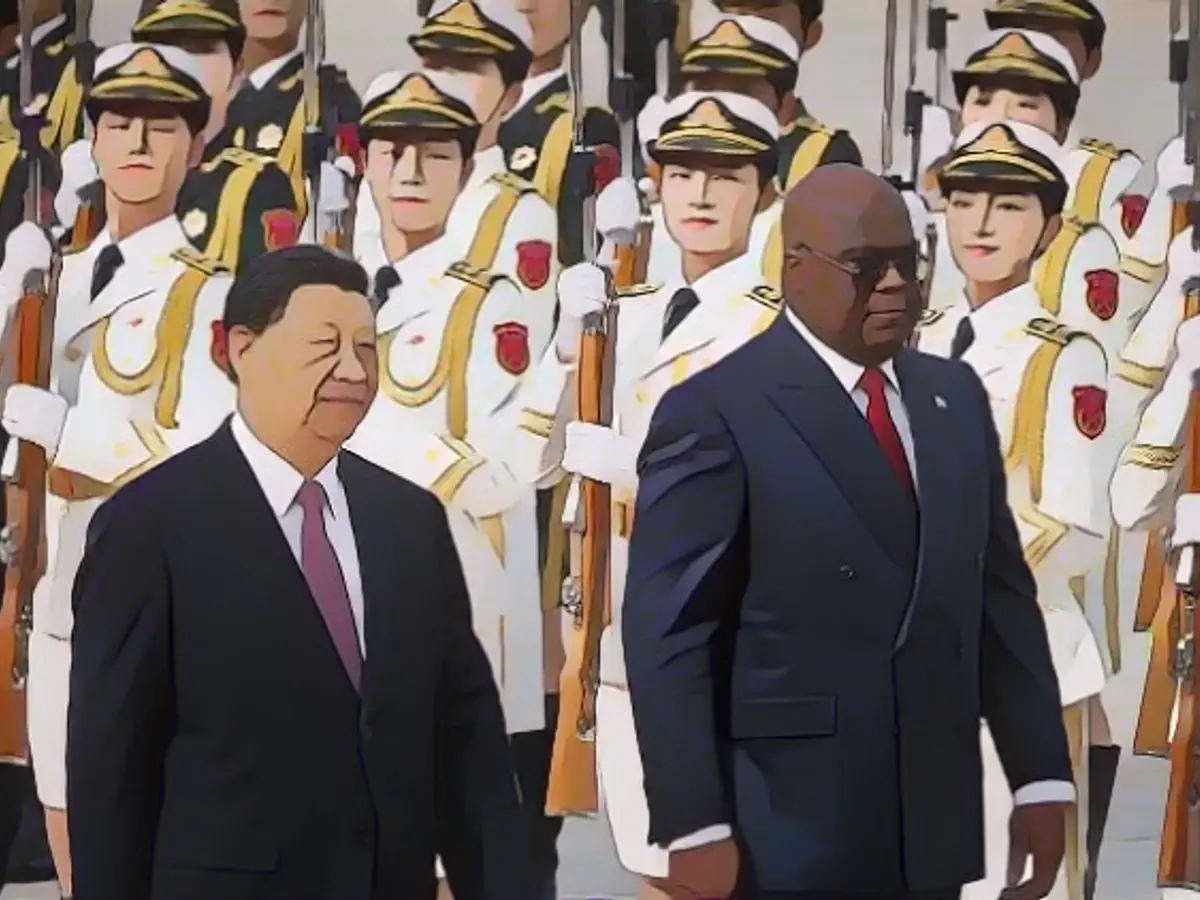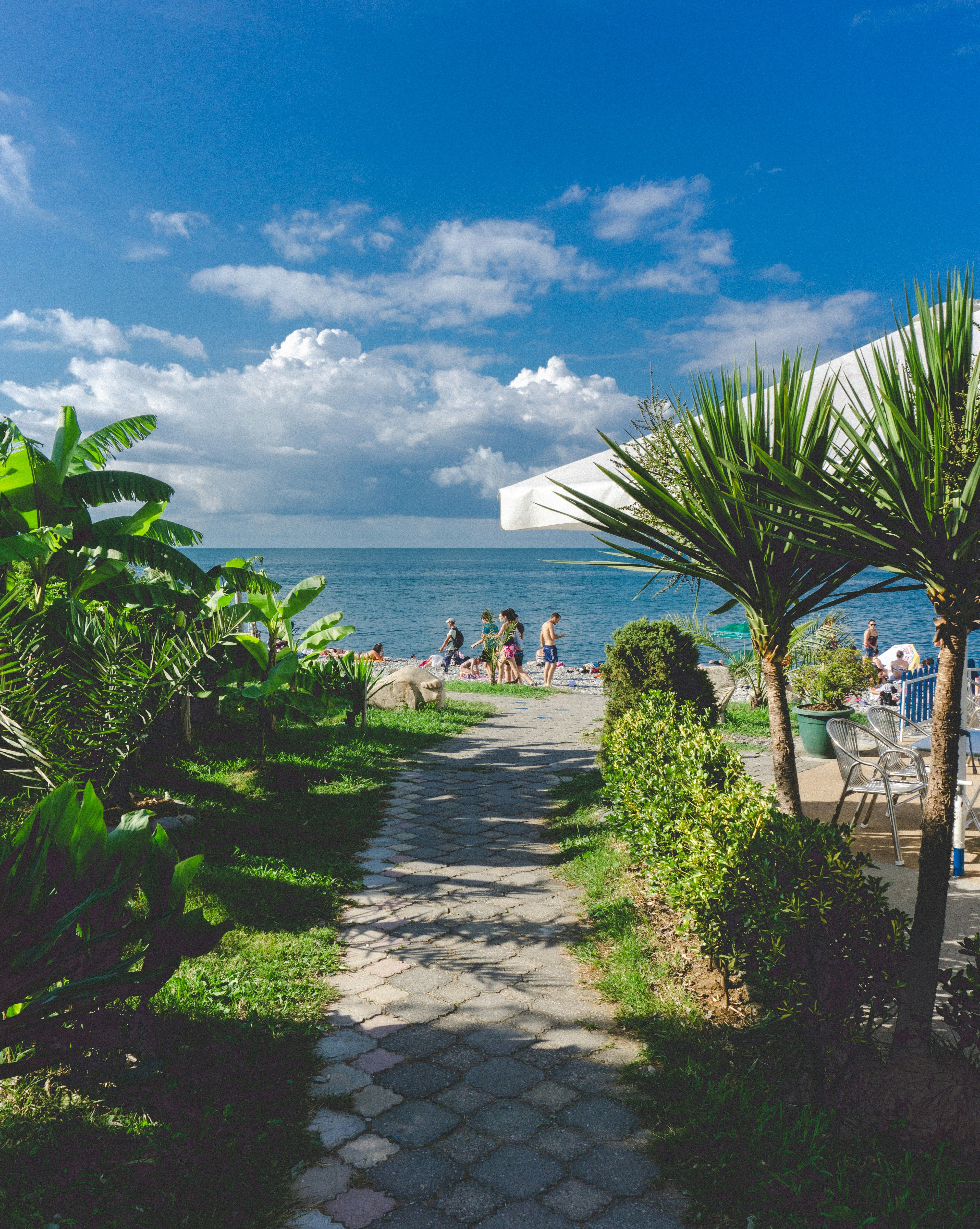Capitalize on Opportunities in Congo's Raw Materials Market
The Democratic Republic of Congo (DRC) is becoming increasingly significant in Europe's energy transition, with China as the primary holder of trade relations. However, President Tshisekedi may provide a opportunity for Germany and Europe.
Construction of a colossal complex in Kinshasa, the DRC's capital, indicates growing skepticism towards China. The People's Republic has felt the impact of President Tshisekedi's efforts to renegotiate bilateral agreements. The DRC, with one hundred million inhabitants, will elect a new president on December 20th. This momentous occasion could indicate an opening for Germany.
Cobalt, coltan, copper, and lithium’s availability in the DRC play a significant role in the energy and mobility transitions. As Africa's second-largest contiguous rainforest, the DRC holds immense importance for the world's green transformation.
China holds the lion's share of DRC's raw material trades, with seventeen of the eighteen cobalt mines (partially) funded by the People's Republic. In 2022, the combined trade amounted to a staggering 21.9 billion USD. Germany, in comparison, trades with a mere 223 million USD.
Criticism towards the Chinese partnership has begun to surface. The "Treaty of the Century" from 2008, which allowed China to obtain mining concessions and vowed infrastructure development, lacks clarity in its execution. Tshisekedi, despite his country's economic dependence on China, remains skeptical.
Other nations, including the United Arab Emirates and Turkey, have also begun to engage in the DRC’s economic and infrastructural growth.
Partnership Shifts for Europe's Benefit
The complex structure of the DRC's economy caters to countries like China. Politically motivated regulations and legal requirements present challenges for European companies. However, the DRC's role in climate policy warrants the country's sly geostrategic priority.
It is in the strategic interests of Germany and Europe to establish relations with pro-Western governments and to overcome global competition on the ground. This would reduce Europe's dependence on China for critical raw materials. Germany could provide export guarantees for high-risk countries, like the DRC, with weaker institutions to foster sustainable growth.
Tshisekedi's second term may guarantee political stability in the territory, as well as a potentially close partner in the showdown with China. Although many domestic political challenges persist, a government that is relatively Western-leaning stands for re-election.
Political rhetoric projects the Congolese leaders' main focus on populism and criticism of the electoral commission during the campaign. Barring any unforeseen obstacles, Tshisekedi will likely claim victory on January 20th. This situation presents a viable opportunity for Germany and Europe to establish influence in the region.
Jakob Kerstan, a political science and economics scholar, oversees the Konrad Adenauer Foundation's international office in the Democratic Republic of Congo since 2021.
Additional Insights
Germany can seize this chance to participate in the DRC's critical raw material trade with a focus on cobalt, copper, and lithium. The European nation could also explore possibilities in coltan mining and shipping, given China's dominance. By strategically collaborating with local companies and adhering to sustainable mining practices, Germany can contribute to green technology development while managing political risks associated with raw materials extraction.
Investments in green corridors and infrastructure development can also reduce logistical barriers and transit times for raw materials export, making German involvement more feasible in the long term. Fostering and leveraging partnerships with the EU can also pave the way for a more diversified supply chain, reducing dependence on Chinese control.
By considering these insights, Germany can pursue a balanced approach to trading raw materials in the DRC while navigating the complex geopolitical landscape and sustaining both its economy and Europe’s energy transition.








